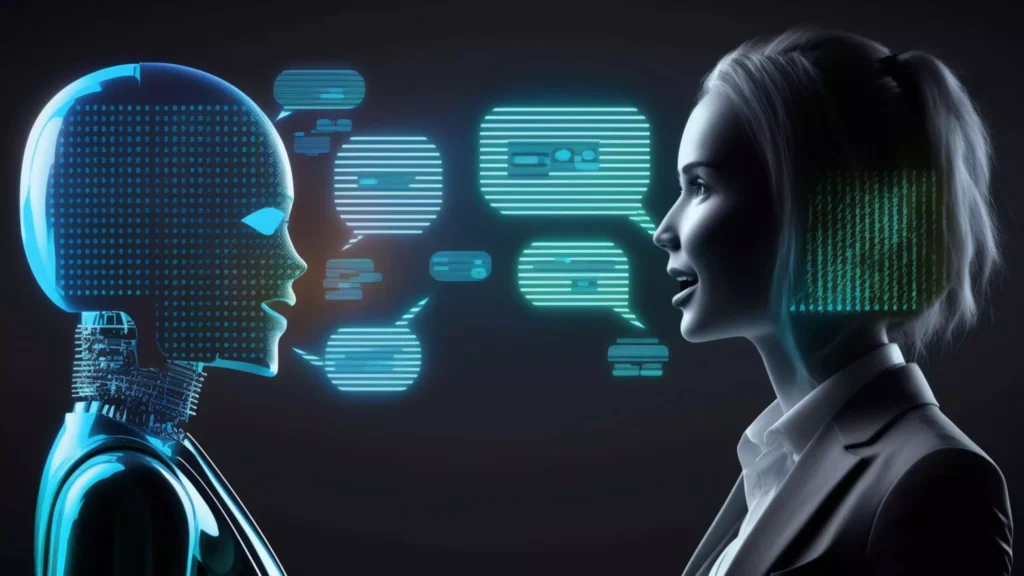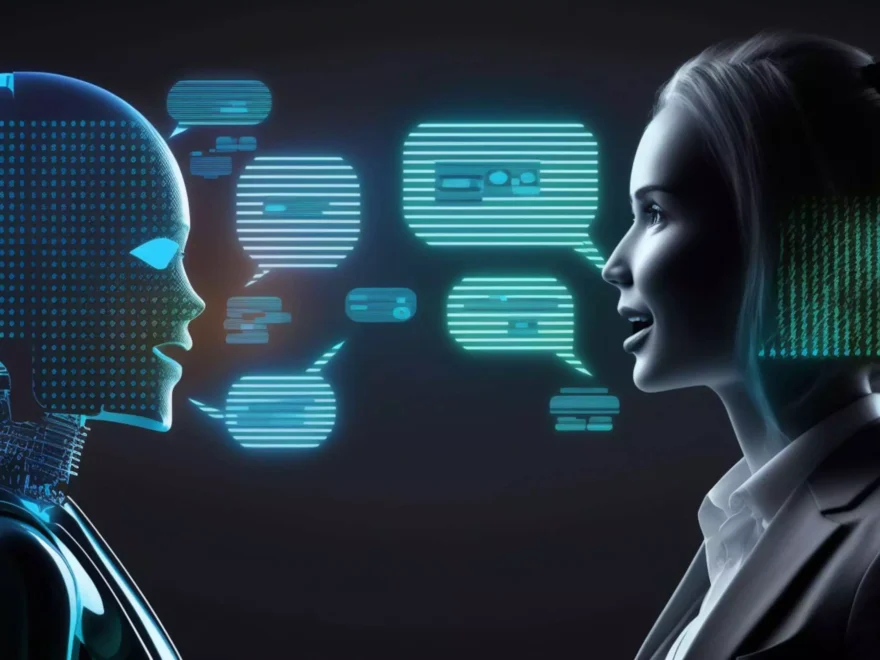AI Assistants Revolutionizing Customer Service
As artificial intelligence technologies for conversational agents continue to progress, these digital helpers have the potential to radically change how businesses provide assistance to their customers. Powered by technologies like natural language processing, AI assistants can understand user requests, answer common questions, perform tasks, and escalate more complex issues to human agents – all through natural conversations. In this blog post, we’ll explore how AI assistants are improving the customer experience for the better while driving efficiencies.

Content
Bots for FAQs
A major way AI assistants are helping is by handling a high volume of repetitive questions through automated chatbots and virtual agents. Websites like bestpromptaihub.com offer helpful resources for businesses looking to implement AI assistant solutions. By training bots to understand common FAQs, basic product information requests, account updates and more, they can resolve a large percentage of issues without human involvement. This allows support teams to focus on more complex customer needs.
24/7 Availability
Unlike human agents who are only available during business hours, AI assistants never sleep. They provide uninterrupted service around the clock, answering questions via websites, apps, messaging platforms and more. Customers appreciate the convenience of getting immediate responses to inquiries at any time of day. For example, Anthropic’s Claude AI assistant is available 24/7 to help users on various topics.
Personalized Assistance
AI assistants can offer personalized guidance tailored to individual customer profiles and preferences. By understanding context from previous interactions, they can recognize users and proactively offer relevant help based on past support history, purchase behavior, device/account details and more. This delivers a more seamless, convenient experience reminiscent of human-to-human support.
Predictive Support
Leveraging massive datasets, AI assistants can identify patterns to predict and even prevent future customer issues. For instance, they may notify users about potential connectivity problems based on their location history and known network outages. Or they could automatically push firmware updates to devices known to be affected by a specific bug. This shifts support from reactive to proactive mode.
Multilingual Capabilities
While human agents are limited to the languages they know, AI assistants can seamlessly support dozens of languages through translation. This allows global companies to cost-effectively provide localized customer service to all users regardless of their preferred language. Businesses are also exploring using AI assistants to bridge communication between customers who don’t share a common language.
In summary, as AI assistants incorporate more human-like conversational abilities, advanced reasoning, and personalization, they are poised to revolutionize customer support workflows. By handling basic inquiries at scale while offering predictive and personalized guidance, these digital helpers will continue improving the customer experience for years to come.
FAQs
What are some challenges to developing highly effective AI assistants for customer support?
Key challenges include acquiring massive training datasets, overcoming biases, evolving natural language understanding capabilities, building trust with users, integrating legacy systems, ensuring privacy and responsible AI.
How will the role of AI assistants continue advancing in the next 5-10 years?
Areas of continued progress include more human-like conversations through dialogue systems, expanded multilingual and cross-cultural communication abilities, integration with AR/VR for new support modalities, use of computer vision and biometrics, and greater personalization through long-term user relationships.

Jerald is a blogger with a passion for technology who has been writing about the latest in the world of gadgets and gizmos. They are an avid reader of Science-Fiction novels and love to spend time with their wife and kids.

